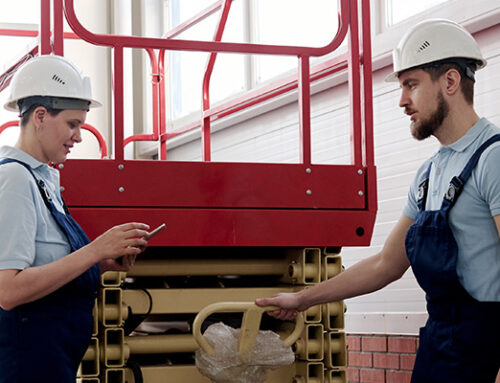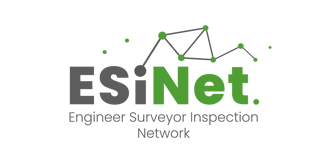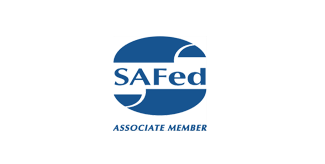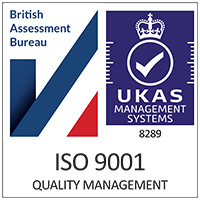f your site operates pressure equipment such as steam boilers, air receivers, or autoclaves, compliance with the Pressure Systems Safety Regulations 2000 (PSSR) is a legal requirement. One of the key components of compliance is ensuring that pressure systems are regularly inspected in accordance with a Written Scheme of Examination (WSE) — and site managers play a vital role in making sure these inspections run smoothly.
A well-prepared inspection helps reduce downtime, improves safety, and ensures compliance with the law. In this article, we outline practical steps site managers can take to get ready for a PSSR inspection and what to expect during the process.
Understand Your Responsibilities
As a site manager, you may not be directly responsible for authoring the Written Scheme of Examination, but you are typically responsible for:
-
Ensuring that equipment is accessible and ready for inspection
-
Providing site access and support to the competent person (inspector)
-
Coordinating isolation, depressurisation, or shutdown procedures if needed
-
Acting on any safety recommendations or defects identified in the report
Understanding the role you play in the process is essential to avoid delays or compliance failures.
Review the Written Scheme of Examination (WSE)
Before the inspection date, review the WSE to understand:
-
Which parts of the system are being examined
-
The type of examination required (e.g. visual, functional, or with non-destructive testing)
-
Access requirements (e.g. ladders, scaffolding, isolation procedures)
-
Any supporting documentation needed (maintenance records, previous reports)
Make sure the inspection scope and equipment locations are clearly identified, and confirm that no recent modifications have been made that may impact the WSE.
Ensure Equipment Is Isolated and Safe
In many cases, equipment must be isolated, depressurised, and safely vented before it can be inspected. Work with your maintenance team or duty holder to:
-
Arrange for shutdown and isolation in advance
-
Confirm all safety precautions are in place
-
Provide lock-off or tagging systems if required
-
Ensure any hot surfaces or residual pressures are clearly marked or cooled
These steps help ensure the safety of the competent person and other personnel.
Prepare Access and Housekeeping
Inspectors need clear and safe access to the equipment. To avoid delays or rescheduling:
-
Clear any obstructions or debris around the equipment
-
Provide ladders, platforms, or access tools where necessary
-
Ensure lighting is adequate
-
Notify staff in the area of the inspection to minimise disruption
Good housekeeping not only makes inspections easier — it also reflects well on your site’s overall safety culture.
Have Documentation Ready
Organise relevant documents in advance, such as:
-
The current Written Scheme of Examination
-
The last inspection report
-
Maintenance and service records
-
Pressure relief valve test certificates
-
Operating manuals (if available)
Having this information available allows the inspector to carry out a full and accurate assessment.
Be Available to Assist the Inspector
During the inspection, the competent person may have questions or require specific support. Being available to:
-
Provide access keys or codes
-
Locate valves, drains, or panels
-
Explain recent changes or repairs
-
Coordinate with maintenance staff
can help the process go more efficiently and minimise disruption to operations.
Follow Up on Recommendations
After the inspection, you’ll receive a formal report outlining any findings, defects, or recommended actions. As a site manager, it’s important to:
-
Log and track any required repairs or modifications
-
Ensure defects are addressed before the system is returned to service, if marked as “immediately dangerous”
-
Schedule any follow-up inspections as advised
Prompt follow-up is key to maintaining compliance and ensuring safety.
Final Thoughts
A PSSR inspection is not just a legal requirement — it’s a vital opportunity to protect staff, prevent serious incidents, and keep your equipment running safely. As a site manager, being well-prepared shows leadership, professionalism, and a strong commitment to compliance.
At SIS Ltd, we provide independent PSSR inspections, develop Written Schemes of Examination, and offer expert advice to help you meet your obligations with confidence.
Need support preparing for your next PSSR inspection? Contact SIS Ltd today to speak with one of our engineer surveyors.











